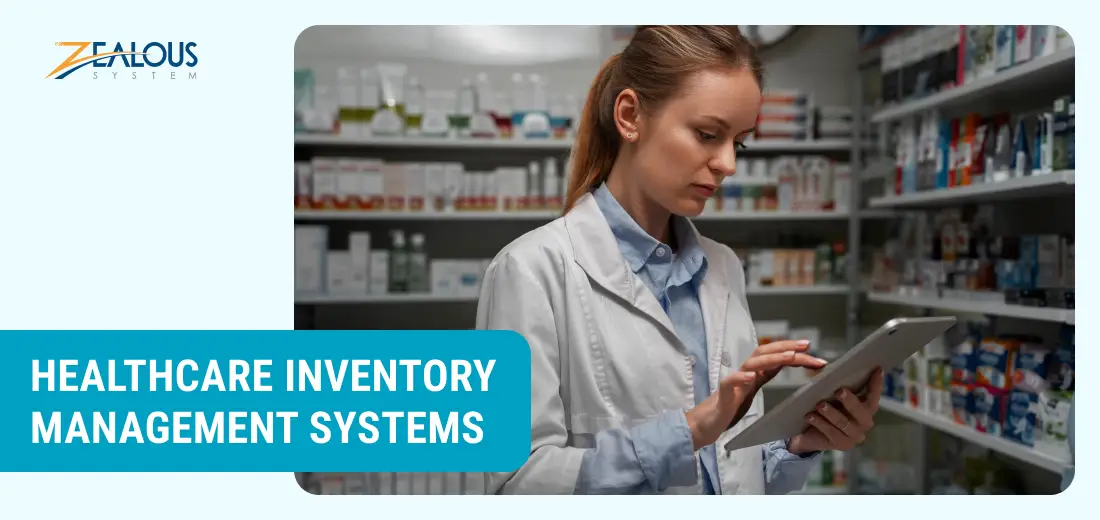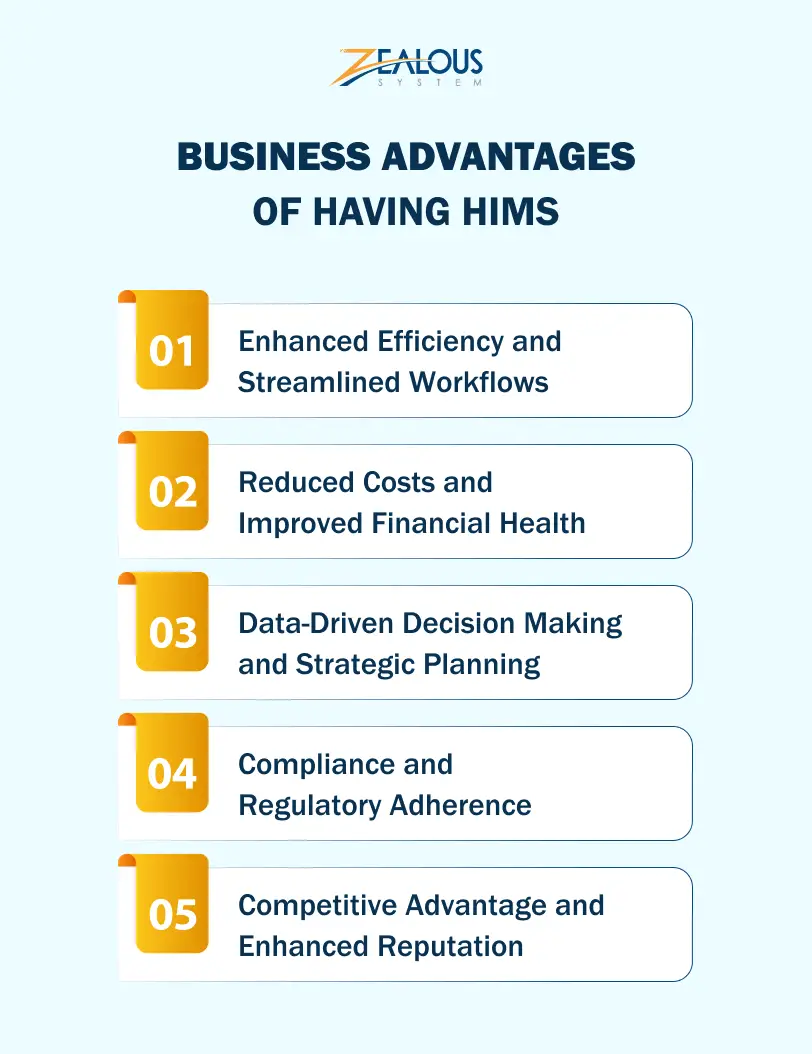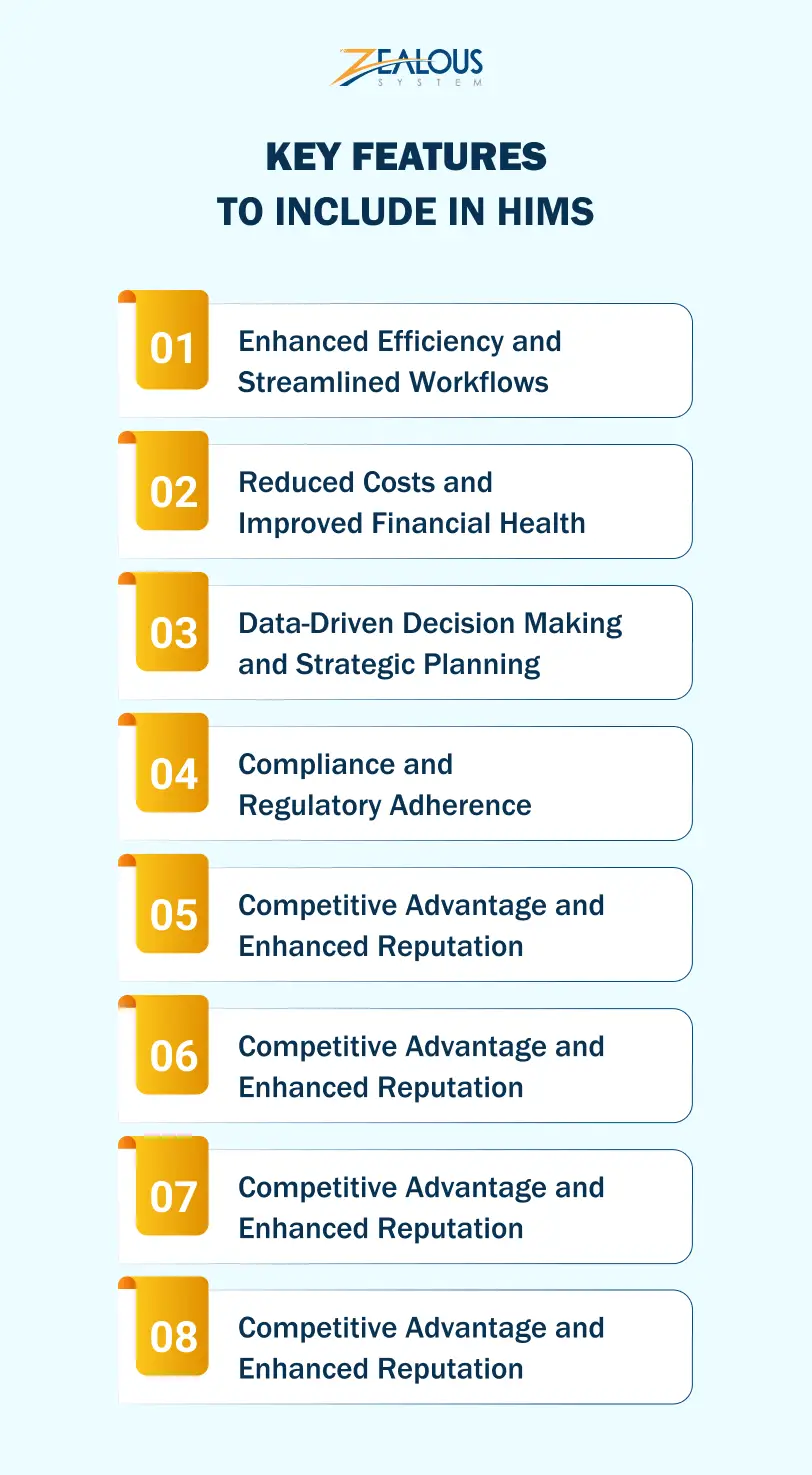
- Company
- Services
- UI/UX Design Services
- Microsoft Dynamics 365
- Mobile App Development
- AI Software Development
- Web App Development
- Generative AI Development
- Digital Product Development
- Enterprise Mobility
- SaaS Application Development
- Application Integration
- White-label WP Maintenance
- ERP Software Solutions
- Software Testing
- Offshore Development Center
- Let’s Connect
- Trending
- Technology
- Industry
- Build Your Team
- Our Work
- Company
- Services
- UI/UX Design Services
- Microsoft Dynamics 365
- Mobile App Development
- AI Software Development
- Web App Development
- Generative AI Development
- Digital Product Development
- Enterprise Mobility
- SaaS Application Development
- Application Integration
- White-label WP Maintenance
- ERP Software Solutions
- Software Testing
- Offshore Development Center
- Let’s Connect
- Trending
- Technology
- Industry
- Build Your Team
- Our Work
We use cookies and similar technologies that are necessary to operate the website. Additional cookies are used to perform analysis of website usage. please read our Privacy Policy
Guide to Healthcare Inventory Management Systems: Features, Benefits, Integration, Process

Surprisingly, in a study on the healthcare supply chain, over half of participants recalled instances where doctors lacked essential products for procedures. Operational inefficiency within healthcare organizations contributes significantly to this issue. Additionally, overlooking the significance of healthcare inventory management software compounds the problem.
As a medical supplier or healthcare executive, avoiding chaotic situations is crucial. Effectively managing medical supplies requires precision, and a basic spreadsheet won’t suffice. It’s time to consider healthcare software development for a digital transformation. This blog is your guide to healthcare inventory management software development. Explore essential details to enhance your business. Let’s dive into the specifics without delay!
The hospital asset tracking and inventory management market is expected to register a CAGR of 9.5% over the forecast period.
By using RFID tags, barcode feature, cloud infrastructure, and other advanced technology can help hospital management service providers boost their offerings and reduce the wastage of medical supplies.
Healthcare inventory management software is a digital platform that tracks and manages medical supplies, ensuring efficient stock control and replenishment.
What are Healthcare Inventory Management Systems?
HIMS are software solutions designed to streamline and optimize the tracking and management of medical supplies, equipment, and pharmaceuticals within hospitals, clinics, and other healthcare facilities. They go beyond simple spreadsheets, offering real-time visibility, automation, and data-driven insights to improve decision-making and resource allocation.
How Does HIMS Work?
HIMS acts as a central hub for your inventory management, offering various functionalities:
Tracking and Visibility:
Every item, from a surgical needle to a life-saving medication, is meticulously tracked in the system. This includes details like quantity, location, purchase date, and expiration date. Real-time data ensures you know exactly what you have and where it is at any given moment.
Par Level Management:
Imagine never facing a stockout again! HIMS helps you set optimal “par levels” for each item, automatically triggering alerts when inventory dips below a certain threshold. This ensures timely reordering and prevents costly disruptions in patient care.
Purchase Order Automation:
Say goodbye to tedious paperwork! HIMS automates the purchase order process, streamlining communication with vendors and ensuring you get the supplies you need quickly and efficiently.
Expiration Date Tracking:
Safety first! HIMS keeps a watchful eye on expiration dates, alerting you well in advance to prevent the use of expired supplies and medications. This protects patients and ensures compliance with regulations.
Reporting and Analytics:
HIMS transforms data into actionable insights. Generate reports on inventory usage, costs, and trends to understand your supply chain dynamics better. Identify areas for improvement, optimize purchasing strategies, and make data-driven decisions.
Why Invest in Healthcare Inventory Management Software Development?
Investing in Healthcare Inventory Management Software Development is a strategic decision that offers numerous benefits for healthcare providers. Here are compelling reasons to consider making this investment:
- Real-time tracking reduces errors, ensuring accurate inventory control.
- Streamlined workflows and time savings enhance overall efficiency.
- Optimal inventory levels and improved procurement contribute to cost savings.
- Adherence to industry standards ensures legal compliance.
- Seamless integration with other healthcare systems ensures data consistency.
- Robust security measures protect sensitive information.
- Preparedness for technological advancements ensures long-term relevance.
Key Technologies Involved In Modern Healthcare Inventory Management Software:
In healthcare, where every second and every resource counts, efficient inventory management is vital for patient care and operational success. Beyond the traditional pen-and-paper approach, numerous technologies have emerged to revolutionize the way hospitals and clinics manage their medical supplies. Here are some key technologies involved in modern healthcare inventory management software:
1. RFID (Radio-Frequency Identification):
Tiny RFID tags attached to medical supplies and equipment emit unique radio signals, allowing readers to track their location and movement in real-time. This eliminates time-consuming manual scanning and provides unparalleled visibility into your inventory.
2. Cloud-Based Architecture:
HIMS hosted on secure cloud platforms offer instant access from anywhere, anytime, facilitating remote management and collaboration. This flexibility is crucial for geographically dispersed healthcare facilities.
3. Mobile Applications:
Equip your staff with mobile apps to scan items, check stock levels, and place orders on the go. This on-the-floor access to data empowers informed decision-making and streamlines workflows.
4. Barcode Technology:
While RFID offers advanced tracking, barcode scanning remains a reliable and cost-effective solution for many HIMS. By scanning barcodes on items, you can quickly record updates and maintain accurate inventory data.
5. Artificial Intelligence (AI) and Machine Learning (ML):
These cutting-edge technologies are finding their way into HIMS, analyzing historical data to predict future demand, optimize par levels, and even automatically suggest reorder points. This predictive power takes inventory management to a whole new level.
6. Integration with Existing Systems:
Seamless integration with your Electronic Health Records (EHR), purchasing systems, and other software ensures real-time data exchange and eliminates manual data entry, streamlining workflows and reducing errors.
7. Internet of Things (IoT):
Imagine smart shelves or cabinets automatically sending alerts when stock levels dip below critical thresholds. IoT application is gradually integrating into HIMS, enabling intelligent communication between devices and facilitating automated inventory management tasks.
Business Advantages of Having Healthcare Inventory Management Software
In the fast-paced and high-stakes world of healthcare, efficient inventory management is not just a good idea, it’s a necessity. From ensuring life-saving medications are readily available to preventing costly stockouts, having the right systems in place can make all the difference for your healthcare facility. This is where healthcare inventory management software (HIMS) comes in, offering a powerful array of benefits that go far beyond simply keeping track of pills and bandages.
Enhanced Efficiency and Streamlined Workflows
HIMS automates many tedious tasks, from purchase orders and expiration date tracking to generating reports and managing par levels. This frees up valuable staff time, allowing them to focus on what truly matters – patient care.
Reduced Costs and Improved Financial Health
HIMS helps you keep a watchful eye on your inventory levels, preventing costly overstocking and ensuring you never run out of essential supplies. This translates to significant savings on both purchasing and waste reduction. Additionally, by optimizing your inventory levels and purchasing strategies, you can negotiate better deals with vendors and further improve your financial bottom line.
Data-Driven Decision Making and Strategic Planning
HIMS generates comprehensive reports and analytics on your inventory usage, costs, and trends. This valuable data empowers you to make informed decisions about everything from purchasing strategies and resource allocation to identifying areas for improvement and optimizing your overall inventory management processes.
Compliance and Regulatory Adherence
HIMS helps you stay on top of regulations and ensure compliance with industry standards like HIPAA. Features like controlled substance tracking and expiration date monitoring minimize the risk of non-compliance and associated penalties.
Competitive Advantage and Enhanced Reputation
A well-managed inventory system translates to a smoother patient experience and improved operational efficiency. This, in turn, can lead to a stronger reputation and a competitive edge within the healthcare industry.
Key Features to Include in Healthcare Inventory Management Software
The right healthcare inventory management software (HIMS) can be the difference between life-saving care and costly delays. When choosing a HIMS, prioritize features that empower your staff, optimize resource allocation, and ultimately elevate patient care. Here are some key features to include:
1. Comprehensive Inventory Tracking:
- Track all medical supplies, equipment, and pharmaceuticals with real-time visibility into location, quantity, and purchase date.
- Barcode scanning and RFID (Radio-Frequency Identification) integration for effortless data capture and enhanced accuracy.
- Batch tracking capabilities for managing controlled substances and perishable items.
2. Intelligent Par Level Management:
- Set optimal inventory levels (par levels) for each item to prevent stockouts and minimize waste.
- Automated alerts when inventory dips below par levels, triggering timely reordering to ensure uninterrupted care.
- Customizable forecasting tools to predict future demand based on historical data and seasonal trends.
3. Streamlined Purchase Order Management:
- Generate and send purchase orders directly to vendors from within the HIMS.
- Automate purchase order approvals and workflows for faster processing and reduced paperwork.
- Track order status and delivery schedules in real-time.
4. Robust Expiration Date Tracking:
- Track and monitor expiration dates for all pharmaceuticals and medical supplies.
- Automated alerts prior to expiration, preventing the use of expired items and ensuring patient safety.
- Generate reports on expiring items to facilitate timely disposal or use.
5. Advanced Reporting and Analytics:
- Generate comprehensive reports on inventory usage, costs, and trends.
- Gain insights into purchasing patterns, identify areas for improvement, and optimize resource allocation.
- Customizable dashboards for real-time monitoring of key inventory metrics.
6. Security and Compliance:
- Secure data encryption and access control to protect sensitive patient information.
- Compliance with healthcare regulations like HIPAA and FDA.
- Audit trails and logging for enhanced traceability and accountability.
7. User-Friendly Interface and Design:
- Intuitive interface for easy adoption and training for staff of all technical levels.
- Mobile accessibility for on-the-go inventory management and data entry.
- Customizable features and workflows to adapt to specific departmental needs.
8. Integrations and Interoperability:
- Seamless integration with existing Electronic Health Records (EHR), financial systems, and other software.
- Open API architecture for future integrations and customizations.
- Data exchange capabilities to streamline workflows and eliminate manual data entry.
Healthcare Inventory Management Software Development Process
Healthcare inventory management software (HIMS) acts as the backbone, ensuring vital supplies are readily available, minimizing waste, and optimizing resource allocation. But how does this crucial software come to life? Let’s delve into the HIMS development process, from conception to implementation.
Requirement Analysis:
Engage in thorough discussions with healthcare stakeholders to identify and understand the specific challenges, workflow intricacies, and requirements for effective inventory management in the healthcare environment.
Planning:
Translate gathered insights into a comprehensive plan, outlining the software’s scope, key features, and a detailed development roadmap. This phase is crucial for aligning the project with organizational goals and resource constraints.
Design:
Develop an intuitive and user-friendly interface, ensuring it meets the unique needs of healthcare professionals. Simultaneously, focus on establishing a robust system architecture that can accommodate the complexities of inventory management software development.
Prototyping:
Build a prototype of the software, allowing stakeholders to visualize the proposed solution. This interactive model serves as a foundation for valuable feedback, facilitating refinements before full-scale development.
Development:
Enter the coding phase, prioritizing the implementation of core features. This includes real-time inventory tracking, barcode scanning, and seamless integration capabilities with existing healthcare systems for a comprehensive solution.
Testing:
Execute rigorous software testing procedures to identify and rectify any bugs or issues. This stage ensures the functionality of the software across various devices and scenarios, guaranteeing accuracy in inventory tracking and management.
Integration:
Seamlessly integrate the healthcare inventory management software with existing healthcare systems such as Electronic Health Records (EHR) and Enterprise Resource Planning (ERP). This integration ensures a cohesive and unified approach to data management.
Security Implementation:
Implement robust security measures, including encryption and access controls, to safeguard sensitive healthcare information. This step is essential for maintaining compliance with data protection regulations and ensuring the integrity of stored data.
Training and Deployment:
Develop comprehensive training materials and conduct user training sessions for healthcare staff. The phased deployment approach allows for a smoother transition, minimizing disruptions in day-to-day operations.
Monitoring and Support:
Establish continuous monitoring mechanisms to track the performance of the deployed software. Provide ongoing support to address any issues promptly and incorporate user feedback into future updates, ensuring the system remains effective and user-friendly.
Key Integrations for Your Healthcare Inventory Software
Integrations play a pivotal role in enhancing the functionality and efficiency of Healthcare Inventory Software. By seamlessly connecting with other healthcare systems and technologies, the software becomes a cohesive solution that addresses various aspects of inventory management. Here are key enterprise software integrations to consider in healthcare:
Electronic Health Records (EHR):
Integration with EHR systems ensures synchronization of patient data with inventory records. This connection aids in managing medical supplies based on patient needs, optimizing overall healthcare operations.
Enterprise Resource Planning (ERP):
Linking with ERP software solutions streamlines financial and operational aspects, providing a holistic view of resource utilization. This integration supports efficient procurement, budgeting, and financial reporting.
Barcode Scanning and RFID Technology:
Integration with barcode scanning and Radio-Frequency Identification (RFID) technology automates data capture, reducing manual entry errors and enhancing the accuracy of inventory tracking.
Supply Chain Management Systems:
Collaborate with supply chain management systems to gain real-time insights into the availability of materials, track shipments, and ensure the timely replenishment of medical supplies.
Point-of-Sale (POS) Systems:
Integration with POS software can be beneficial for healthcare facilities with retail components. This connection ensures that inventory levels are updated in real-time as products are sold, preventing stockouts.
Laboratory Information Management Systems (LIMS):
For healthcare facilities with laboratories, integrating with LIMS ensures seamless coordination between inventory management and lab operations, optimizing the utilization of resources.
Customer Relationship Management (CRM):
CRM integration facilitates better management of vendor relationships, tracking supplier interactions, negotiations, and contracts, ultimately contributing to strategic procurement decisions.
Asset Management Systems:
Integration with asset management systems allows healthcare organizations to track the lifecycle of medical equipment, schedule maintenance, and optimize the utilization of valuable assets.
Mobile Applications:
Empower your staff with on-the-go access to inventory data through mobile application development. Scan supplies, check stock levels, and place orders directly from the point of need. This mobile flexibility enhances efficiency, reduces reliance on desktops, and brings the power of HIMS directly to your staff’s fingertips.
Why Choose Zealous for Healthcare Inventory Management Software Development?
When it comes to choosing a partner for healthcare inventory management software development, you need a company that understands the intricate needs of the medical field and delivers solutions that truly make a difference.
Zealous stands out in this competitive partner, offering a compelling combination of expertise, experience, and dedication to the healthcare industry. Here’s why Zealous deserves your consideration:
When it comes to choosing a partner for healthcare inventory management software development, you need a company that understands the intricate needs of the medical field and delivers solutions that truly make a difference. Zealous stands out as a leading healthcare software development company in this competitive market, offering a compelling combination of expertise, experience, and dedication to healthcare excellence. Here’s why Zealous deserves your consideration:
1. Deep Understanding of Healthcare:
Zealous has an expert dedicated team with extensive experience in developing healthcare software, including HIMS solutions. They understand the unique challenges and regulations of the healthcare industry, ensuring your software adheres to all compliance requirements and seamlessly integrates with existing systems.
2. Proven Track Record of Success:
Zealous has a strong portfolio of successful HIMS projects for hospitals, clinics, and other healthcare facilities. Their experience translates into a smooth development process, reduced risk, and a greater likelihood of delivering a solution that meets your specific needs.
3. Focus on Security and Compliance:
Healthcare data is highly sensitive, and Zealous takes data security and compliance seriously. They employ robust security measures and adhere to industry regulations like HIPAA, ensuring your patient information remains protected.
4. Agile Development Methodology:
Zealous embraces an agile development methodology, which allows for iterative development and continuous feedback. This collaborative approach ensures that the final product aligns with your evolving needs and expectations.
5. Scalable and Customizable Solutions:
Zealous doesn’t believe in one-size-fits-all solutions. They provide both custom-built and configurable HIMS options, allowing you to choose the perfect fit for your unique requirements and budget. Their solutions are also scalable, adapting to your future growth and evolving needs.
6. User-Friendly Interface and Design:
A complex HIMS can hinder efficient workflows. Zealous prioritizes user-friendly interfaces and intuitive design, ensuring your staff can easily adopt and utilize the software, maximizing its benefit for your facility.
7. Comprehensive Support and Maintenance:
Zealous doesn’t leave you alone after deployment. They offer ongoing support and maintenance, ensuring your HIMS continues to function optimally and receive updates to address security vulnerabilities and evolving regulations.
8. Competitive Pricing and Value:
Zealous offers competitive pricing models tailored to your specific needs and budget. They prioritize delivering value and ensuring you get the most out of your investment in HIMS development.
We are here
Our team is always eager to know what you are looking for. Drop them a Hi!
Pranjal Mehta
Pranjal Mehta is the Managing Director of Zealous System, a leading software solutions provider. Having 10+ years of experience and clientele across the globe, he is always curious to stay ahead in the market by inculcating latest technologies and trends in Zealous.
Table of Contents
×



Comments